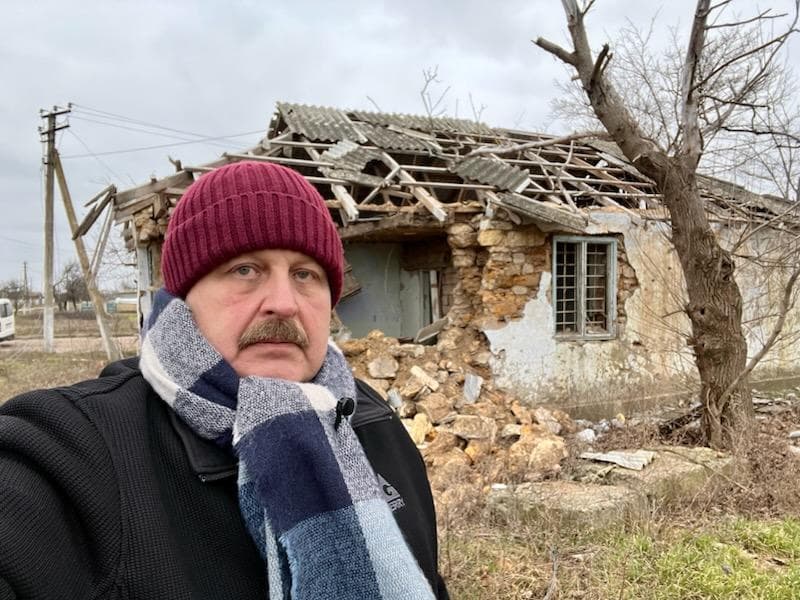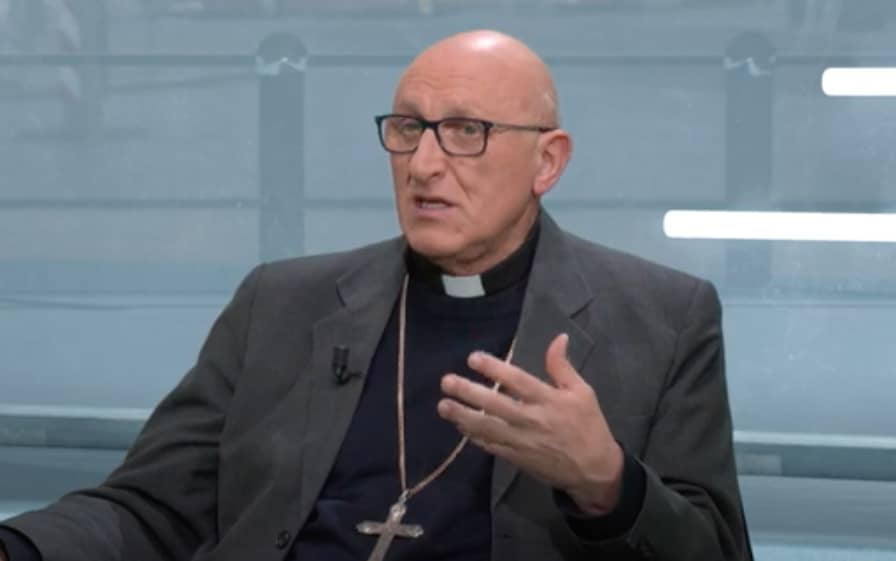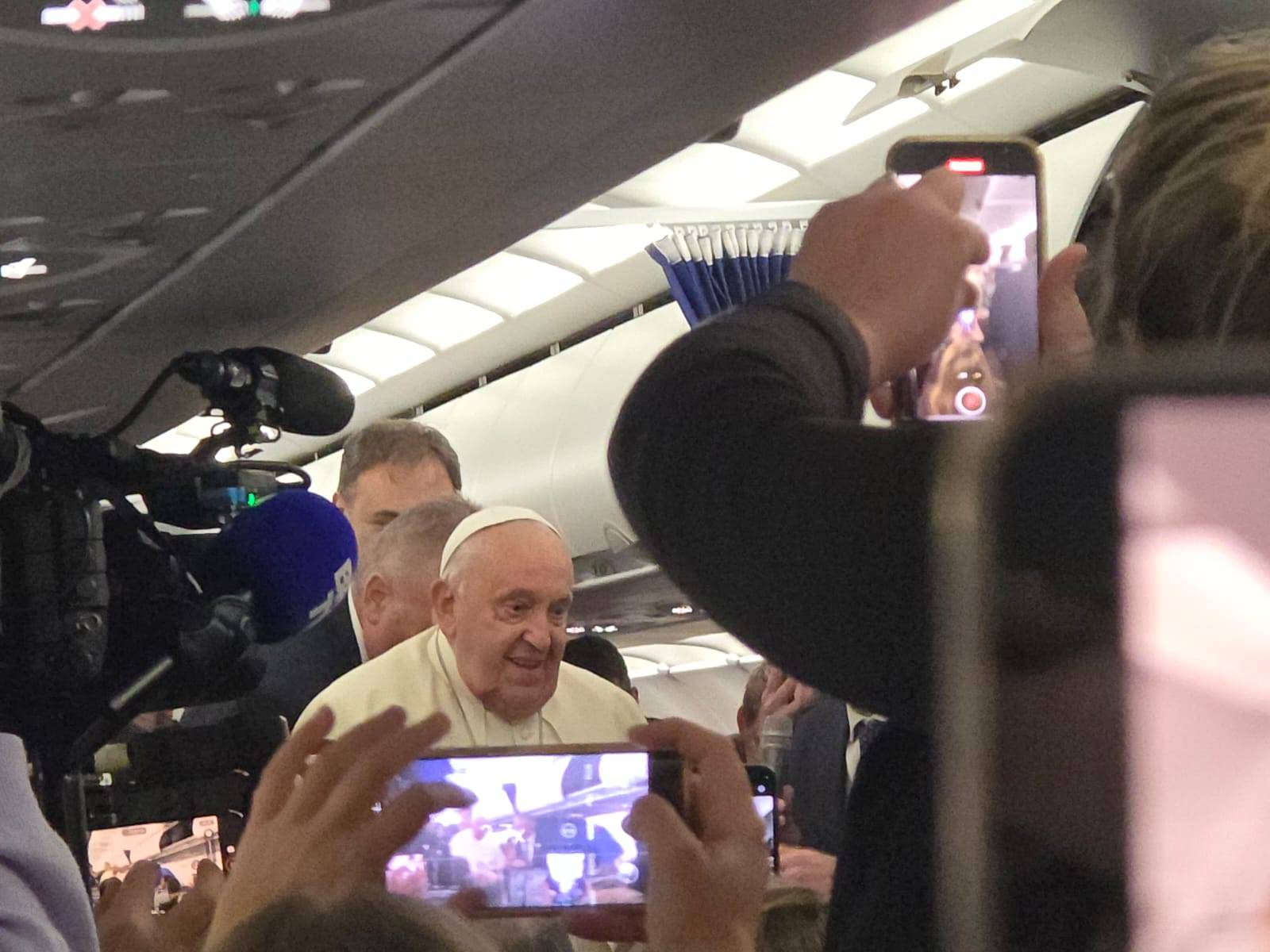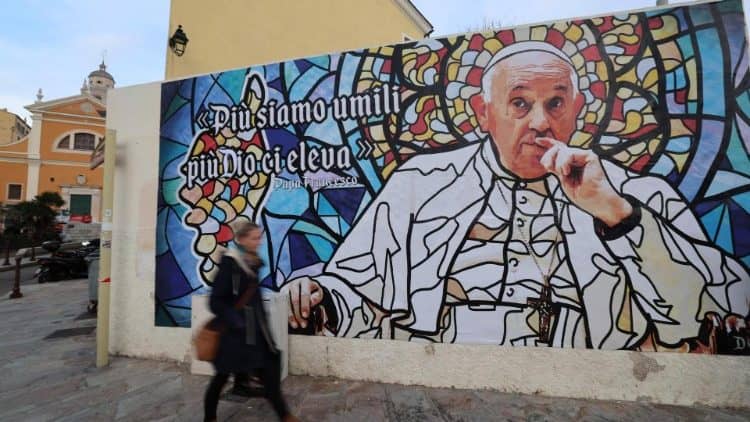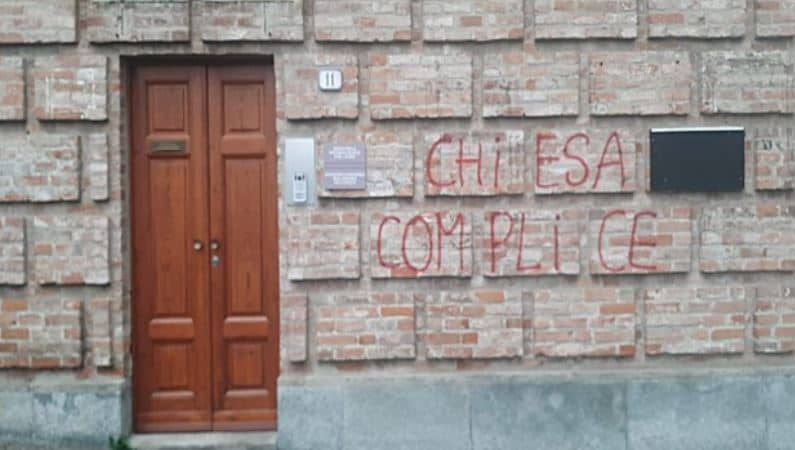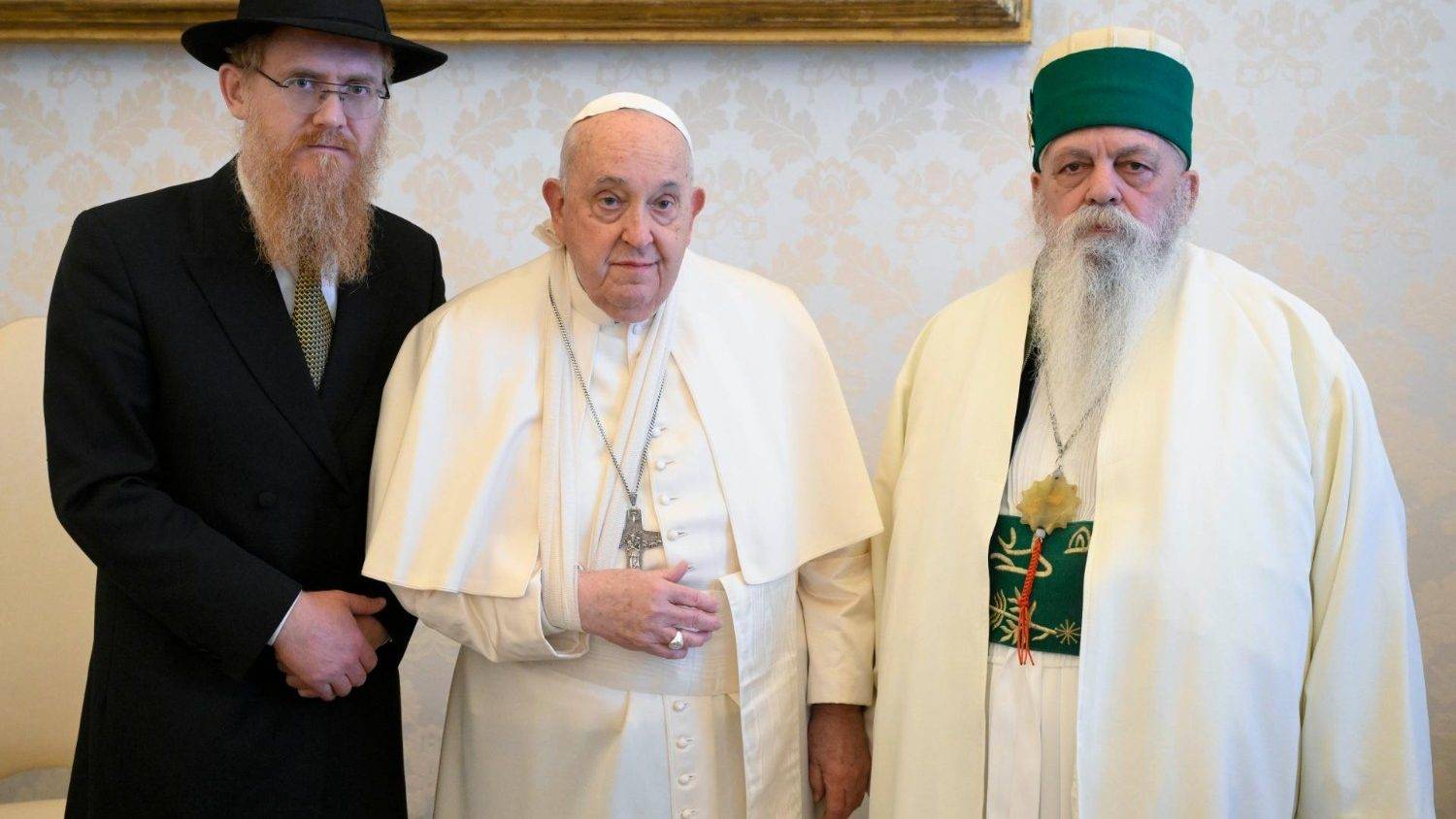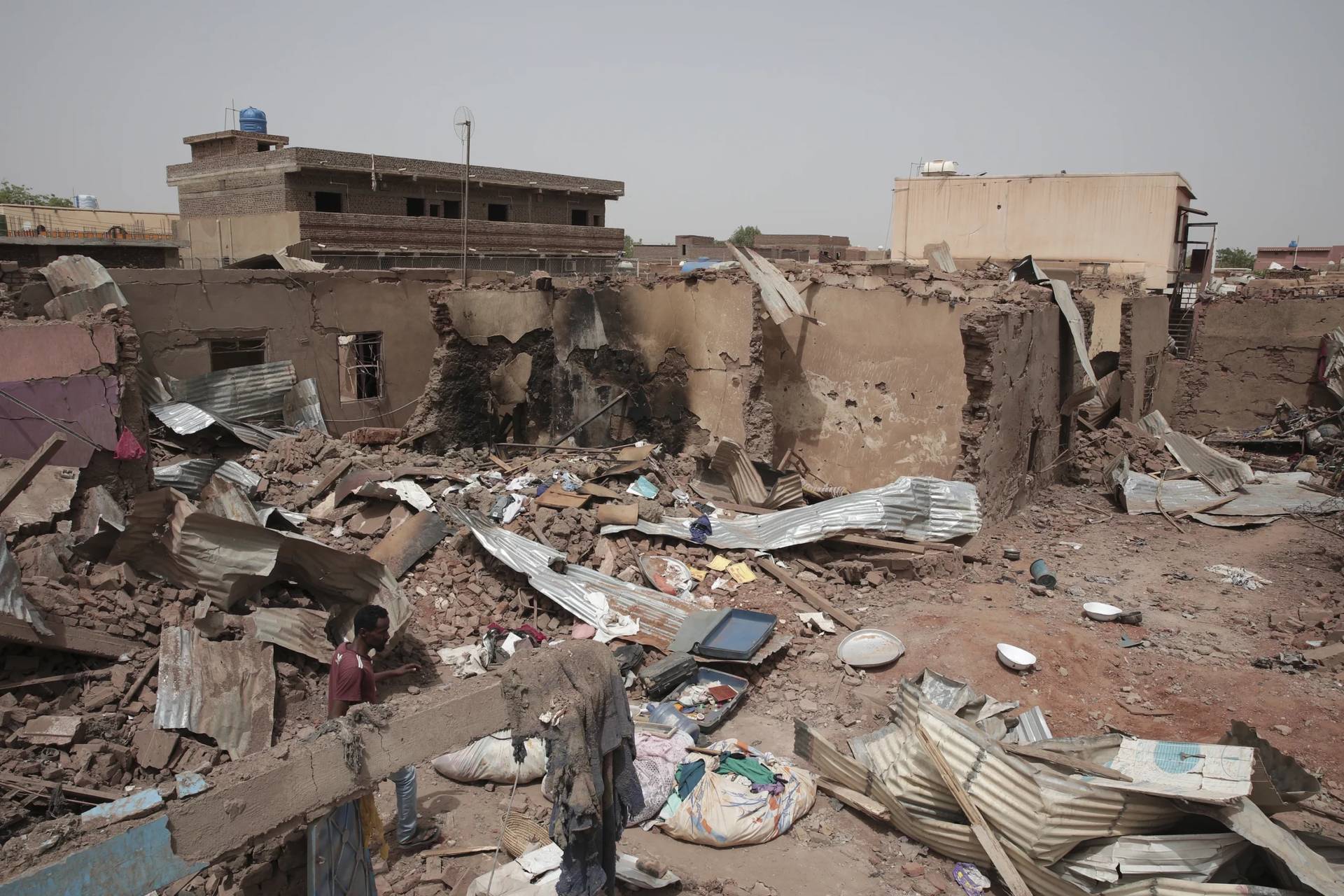LEICESTER, United Kingdom – Religious freedom will “rapidly deteriorate” in Belarus as a law passed a year ago gives the government broad discretion to use formal legal grounds to persecute “disloyal religious figures,” according to a new report.
The law “On Freedom of Conscience and Religious Organizations” was passed in December 2023, granting the government the power to close churches and other religious communities from among religious minorities, and increase centralized control over any religious activity in the country.
Mission Eurasia, a non-denominational religious liberty organization based in Tennessee, issued Faith in Chains on Dec. 5, looking at the persecution faced by different Christian groups in the European country ruled by Aleksandr Lukashenko.
Belarus has a population of nearly 9.5 million people, with just over 83 percent being Eastern Orthodox and nearly 7 percent being Catholic. There are also smaller Protestant and Evangelical communities.
“Over the past few years, the religious situation in Belarus has remained outside the attention of international organizations against the backdrop of brutal political repression by the regime of Alexander Lukashenko,” Mission Eurasia says.
Lukashenko has been a strong supporter of Russian president Vladimir Putin, and a vocal opponent to the European Union and its allies.
Aid to the Church in Need, a Catholic charity, notes that freedom of religion is guaranteed by Article 31 of the Belarus constitution, but says in practice, only registered religious organizations are granted these rights and protections.
“The government’s authoritarian crackdown resulted in devastating consequences for civil society and human rights, including religious freedom. This coupled with Russia’s influence has resulted in religious freedom restrictions towards groups other than BOC and Moscow Patriarchate Orthodox structures, including protracted registration procedures; registration denial; arbitrary obstacles imposed on the activities of even registered communities (such as denials of building permission); arbitrary work permission denials to clerics other than those MOP related; foreign financial aid restrictions or bans; and other religious activity restrictions,” ACN says.
UN experts have also expressed “grave concern” about the law, which they said appear “to contravene Belarus’s obligations under international human rights law.”
In Faith in Chains, Mission Eurasia makes several recommendations to correspond to the current religious and political situation in Belarus.
It calls on the international community to unite and strengthen efforts to release the arrested clergy, believers and other political prisoners in Belarus who have been arbitrarily convicted for political reasons.
The Christian organization also asks the U.S. Department of State and the U.S. Commission on International Religious Freedom (USCIRF) to place Belarus on a “Special Watch List” for its government’s violations of religious freedom.
The USCIRF has already issued a statement saying it was “troubled” by the law released a year ago in Belarus, with USCIRF Chair Abraham Cooper stating instead of repealing its highly restrictive religion law enacted over two decades ago, the new law “doubled down and implemented a more repressive religion law that grants the government unbridled control over religious communities and their affairs.”
Mission Eurasia also called on the USCIRF, the United Nations, OSCE, and the Council of Europe to establish international monitoring of the implementation of the new law, and for world bodies to “publicly condemn the Russian World ideology and support the efforts of civil societies in the post-Soviet countries to eliminate Russia’s state interference in the internal affairs of other countries, primarily through the Russian Orthodox Church.”
The Faith in Chains report also calls for the introduction of personal sanctions against Patriarch Kirill of Moscow, “who is responsible for justifying the Russian aggressive war against Ukraine and for carrying out repressions against Belarusian Orthodox clergy because of their anti-violence and anti-war stance.”
In addition, it calls for the introduction of new comprehensive economic sanctions against Belarus and personal sanctions against Lukashenko and other officials responsible for Belarus’s complicity in Russia’s invasion of Ukraine and political repression in the country, including restrictions on religious freedom on political grounds and oppression of religious minorities.
Mission Eurasia also calls for countries to provide political asylum and legal assistance to Belarusian religious leaders, believers, and other civil activists who have been forced to flee government repression outside the country to prevent their deportation or extradition to Belarus, as well as a lack of legal status in case their Belarusian citizenship is revoked.
The Christian advocacy organization also says faith-based communities should see the return of all church buildings and other property confiscated or destroyed by the government of Belarus.
The Faith in Chains report notes Orthodox, Catholic, and Protestant Christians in Belarus have been “remarkably united in condemning the lawlessness perpetrated by the authorities.”
“To suppress this stance of clergy and believers, the regime began to harshly persecute dissenters, accusing churches of ‘interfering in politics.’ In response to these accusations, over 6,000 Christians in Belarus signed an open letter in December 2020, demanding that the government cease violence,” the report says.
It also says Catholics make up 35 percent of the representatives of Churches facing government persecution in Belarus. Protestant Evangelicals make up 27 percent, and Belarusian Orthodox make up 20 percent.
Follow Charles Collins on X: @CharlesinRome
